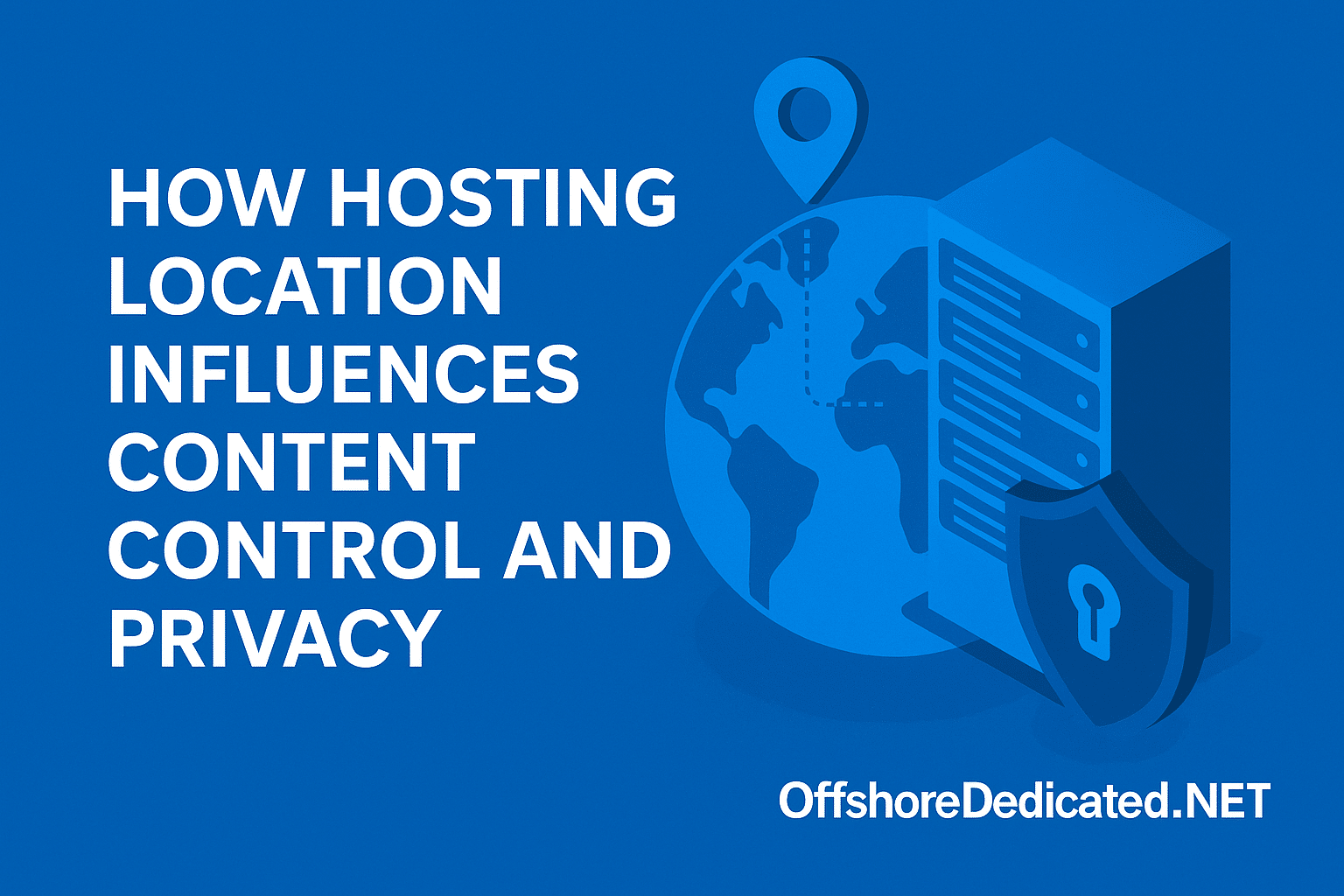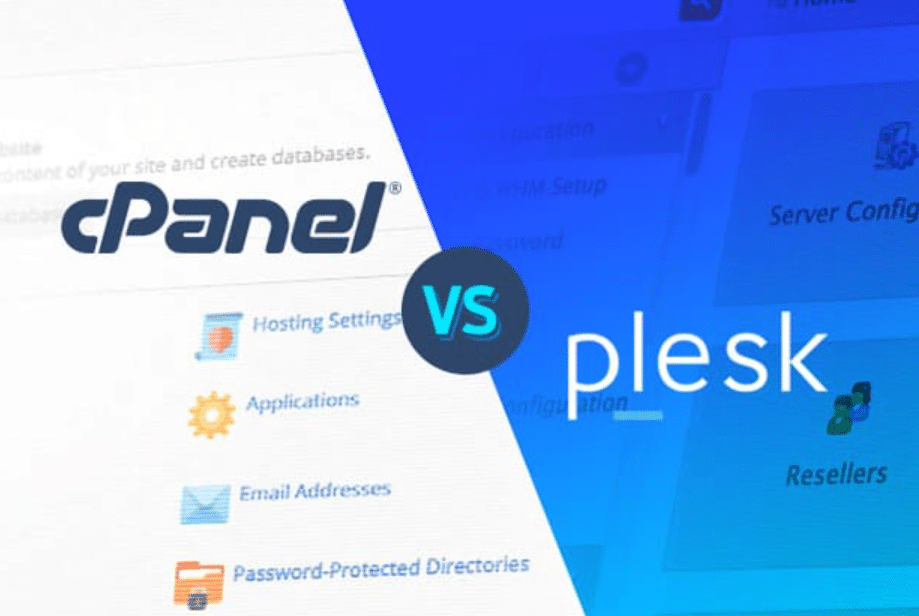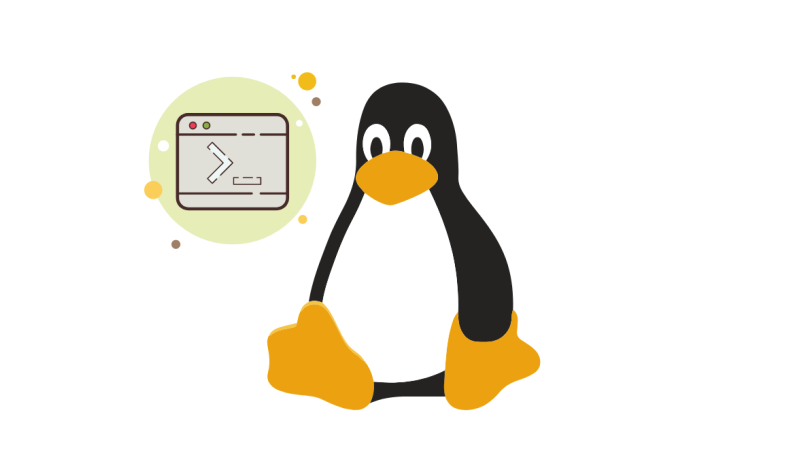Introduction to the Debian Operating System
Debian OS has long been a cornerstone in the Linux community. Hosting companies can find it one of the most reliable Linux distributions since it is one of the oldest.
Its use does not only end with it because it forms the base for many other distributions which are famous today, such as Ubuntu. One of Debian’s most substantial principles is free and open-source solutions, which may be considered a strength in the modern world.
Another parameter in Debian is stability, which is the consequence of rather strict tests and quality control. This process helps ensure that, depending on each release, it is always stable and reliable.
Debian’s security is also very high. It is updated often, and its security team ensures that the Debian system is protected from all threats. This makes it popular with regular users and corporate worlds alike.
Debian has one of the best package management systems. It relies on other packages, and it automates how these are installed. It has a really big library of applications, and it engages probably all types of applications that a user should consider. This strong foundation is one of the reasons why Debian is preferred by most users who require a reliable but flexible operating system.
The Debian people are yet another major contributing factor to its success. A global network of developers and contributors is writing for the distribution. Such cooperation ensures that Debian progresses in accommodating user requirements without compromising its philosophies. Most of these include forums, complex mailing lists, bug lists, and numerous other forms of online support complemented by well-detailed documentation that can be of immense help to users of any level.
Debian OS is a distinctive and steady player in the Linux domain. It focuses on stability, security, and active community participation.

Stability and Efficiency
Debian’s package is also quite remarkable, thanks to its policy of maintaining and achieving stability and efficiency. Every public release is thoroughly tested to ensure that it is as reliable as it should be. This has resulted in the development of an operating system with high reliability that we can associate with servers and vital tasks.
Thanks to efficient resource utilization, Debian OS users often experience seamless performance with minimal downtime. The lightweight system allows it to run smoothly even on older hardware, providing consistent performance across various setups.
The development team behind Debian prioritizes quality control. Its structured release cycle focuses on delivering well-tested, dependable software, ensuring a consistent level of trust among the application’s users.
Also, Debian can be highly customizable, with the ability to remove many unnecessary components and add those necessary or to build a system from scratch with primarily essential components only. Such flexibility means that Debian can fit any environment, be it an individual computer, a workplace environment, or a large data centre.
Milestones regularly present Debian as a fast distribution, frequently even faster than other distributions based on the Linux kernel. Due to this simple application design, boot time has reduced, as has the time between system freezes.
This is used in many industries because Debian is a work-in-progress OS that seeks to deliver stability and faster application running. Debian is the software of most developers, starting with ordinary academic work and ending with vital business processes.
Security Capabilities
Debian OS excels in security by adopting a proactive approach to addressing potential vulnerabilities. The Debian projects involve a security team that is always on the lookout for various threats and makes user updates to counter threats. This team actually does a lot to try and make very few compromises to this system and thus make Debian as secure as possible for the more security-conscious user.
Another feature of Debian’s security approach is updates. Updates provide new patches for an operating system and various improvements to keep it safe from hackers’ attacks. These are easy to apply because Debian has an efficient package management system that makes it easy to point and update software.
Debian also has many other security features that boost its protective methods. For example, AppArmor and SELinux provide mandatory access control, adding an extra layer of defence by restricting programs’ capabilities based on predefined policies. This minimizes the risk of unauthorized access or damage.
Furthermore, Debian is an openly distributable code; therefore, the entire population of developers worldwide can always analyze and scrutinize it. This combined inattention assists in detecting and fixing problems more rapidly than in closed systems, which are proprietary. The transparent development of such systems ensures that those loopholes are closed before they are compromised.
Debian’s strong security posture is particularly advantageous in environments where security is paramount, such as servers and enterprise systems. Its combination of timely updates, proactive monitoring, and robust security features makes it a reliable platform for protecting sensitive data and maintaining system integrity.
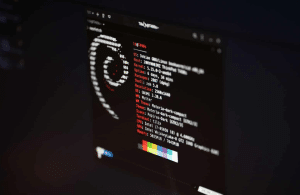
Software Package Handling
Debian’s package management system is a standout feature that simplifies software management. The keel of this system is APT, or the Advanced Package Tool, which facilitates accessing, installing, updating, and uninstalling software packages. This powerful utility is very easy to use and can be used both by persons new to its use and by professionals.
The APT system is supported by Debian’s vast software repository, one of the largest in the Linux ecosystem. This extensive repository has every type of application, tool, and utility that a user might need. Whether you’re looking for standard packages, development tools, or other types of software, Debian has it.
Debian, along with its package management system, also encompasses an intelligent dependency system. The package manager, APT, resolves dependency problems by downloading and installing all the relevant software components simultaneously. This reduces the cumbersome work of solving dependencies by the users and, therefore, minimizes the likelihood of software crashes and instabilities.
Additionally, Debian offers different branches—stable, Testing, and Unstable—to suit varying needs for stability and new features. Users can choose the branch that best matches their requirements, from the Stable branch’s rock-solid stability to the Unstable branch’s cutting-edge features.
In summary, Debian’s package management system, driven by APT and supported by a vast repository, provides a seamless and efficient way to manage software.
Community Involvement and Assistance
The strong community of Debian plays an essential role in its further successful development. The distribution of Xpert is centralized, though a global network of developers, contributors, and users is involved in its enhancement. The advantage of the approach aimed at making Debian address users’ needs is that these changes are made collectively and with adherence to the principles of the distribution. A feeling of ownership and participation from the community increases support from other people in the community, and in return, members share knowledge as well as help one another.
Debian, therefore, offers different assistance options for anyone who needs it. Newsgroups, mailing lists, and forums allow users to raise questions, exchange stories, and discover the answers to frequently asked questions.
Documentation also covers many topics, from the Installation manual to more noticeable Configuration guidelines that can apparently enhance a user’s interaction with the Operating System. This shows that the community convenes to assist customers, both new and existing ones, in the event that they require assistance.
Moreover, there are Debian user groups at local and international levels and events as forums where one can interact physically with other Debian users and learn a thing or two.
These gatherings support the community and offer potential partners the opportunity to interact in the progress of different projects. These many forms of support and various resources help build Debian’s perception as a friendly distribution.
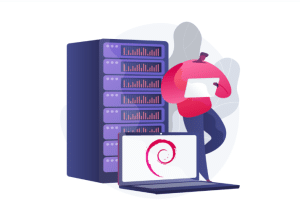
Customization and Versatility
Debian OS offers extensive customization options, allowing users to shape their systems according to specific needs. Users can select from various desktop environments such as GNOME, KDE, XFCE, and more, enabling a personalized interface that matches their preferences.
Beyond desktop environments, Debian’s modular nature allows for fine-tuned system configurations, whether for a minimal setup or a fully-featured workstation.
Compatibility with numerous hardware platforms, including ARM, x86, and others, makes Debian highly versatile. This general compatibility makes it easy to apply Debian to different tools, starting from personal computers and servers and ending with rather typical embedded systems.
This freedom extends to the programs being used, with an enormous database of possible programs being usable, from productivity applications to developmental or research-oriented applications.
Users can alter various system settings to achieve the best performance according to their needs. Debian gives both the occasional user who wants an easy setup and the experienced professional who needs a highly refined environment all the tools and choices required to construct that perfect system.
Final Thoughts
Debian OS is a versatile and competent Operating system for users seeking a sound operating system. Because of its performance and flexibility, it can be used for almost everything, from home desktops to enterprise servers.
The Debian community commonly contributes to the development of the OS and improves the product to match new user demands, all within the open-source framework. Debian’s policies of stability and security also translate to a strong, usable reliability characteristic, which gives its users confidence in its reliability.
The availability of large software repositories and sound packaging and distribution mechanisms facilitate easy software installation and periodic upgrades without the usual frustrations. This makes Debian one of the most flexible operating systems, and you can still tweak it from the desktop environment to compatibility with certain pieces of hardware.
However, the security enhancement measure taken here and the available support system over the Debian OS make Debian even more preferable in the realm of Linux OS.
From the users’ collaboration to the transparency of the strong community base, Debian is one of the good options that does not compromise on innovation while providing a very stable OS. It is a perfect option for unsophisticated users and professionals since Debian has it all and has many fans to prove this.

